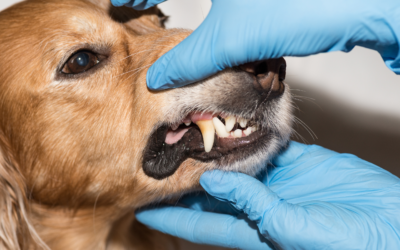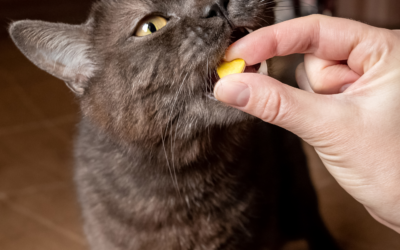Why a Balanced Diet is Essential for Your Pet’s Health
Below are 5 facts about the importance of feeding your pet a balanced diet is crucial for their overall health and well-being. A balanced diet provides the necessary nutrients to support their vitality and prevent health problems. Let’s explore why a balanced diet matters and the key nutrients your pet needs.
When it comes to pet nutrition, a balanced diet ensures that your pet receives the right combination of nutrients in the proper proportions. Just like humans, pets require a variety of nutrients to maintain optimal health. These nutrients include protein, carbohydrates, fats, vitamins, and minerals.
Protein
A fundamental nutrient for pets as it plays a crucial role in tissue repair, growth, and overall development. High-quality protein sources such as meat, poultry, or fish should be the primary ingredient in your pet’s diet. It helps support strong muscles, healthy skin and coat, and a robust immune system.
Carbohydrates
Are another important component of a balanced diet for pets. While they are not as essential as protein, carbohydrates provide a source of energy and fiber. Common sources of carbohydrates in pet food include whole grains, vegetables, and fruits. The right balance of carbohydrates helps ensure optimal digestion and bowel regularity.
Fats
Are often misunderstood, but they are a valuable part of your pet’s diet. Fats provide a concentrated source of energy and support various bodily functions. They help maintain healthy skin and coat, aid in the absorption of fat-soluble vitamins, and provide insulation and protection for vital organs. High-quality fats from sources like fish oil, flaxseed, or chicken fat are beneficial for your pet’s well-being.
Vitamins and minerals
Are micronutrients that play essential roles in your pet’s overall health. Vitamins are necessary for various bodily functions, such as maintaining a healthy immune system, supporting growth and development, and promoting proper cellular function. Minerals, on the other hand, are essential for strong bones and teeth, nerve function, and fluid balance. A well-balanced diet should provide a range of vitamins and minerals to meet your pet’s needs.
To ensure your pet receives the best nutrition, it’s important to select high-quality pet food. Look for products that contain real, whole food ingredients without artificial additives or fillers. Read the ingredient list and choose foods that have high-quality protein sources listed as the primary ingredients. Avoid foods that rely heavily on carbohydrates or have excessive amounts of fillers.
Being Proactive
Consider your pet’s unique needs, such as age, size, and any specific dietary requirements or sensitivities they may have. Consulting with your veterinarian can provide valuable insights and recommendations tailored to your pet’s individual needs.
Feeding your pet a balanced diet is an investment in their overall health and well-being. It provides the foundation for a long, happy, and healthy life. Remember to monitor your pet’s weight, adjust portions accordingly, and provide fresh water at all times.
In conclusion, feeding your pet a balanced diet is vital for their optimal health. By understanding the importance of key nutrients like protein, carbohydrates, fats, vitamins, and minerals, you can make informed choices when selecting their food. Providing high-quality pet food and meeting their specific nutritional needs ensures that your furry friend thrives and enjoys a vibrant and fulfilling life by your side.




